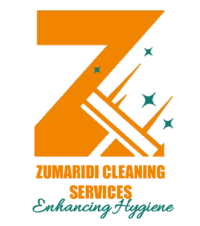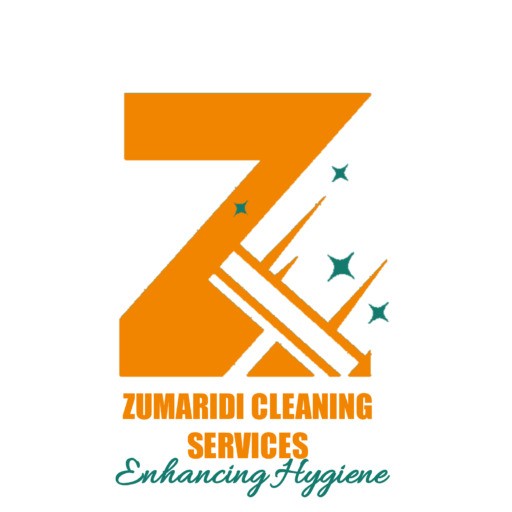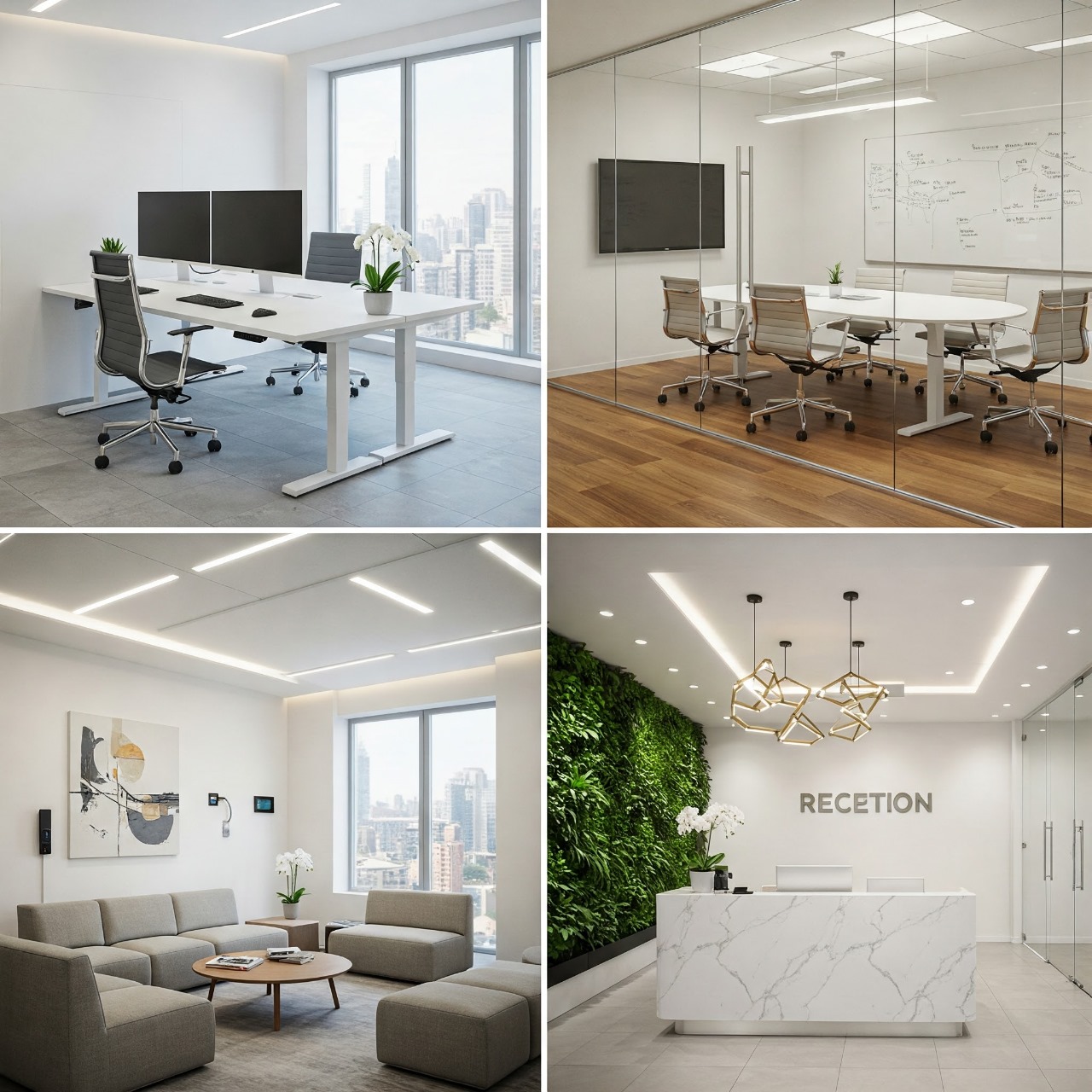Why Workplace Hygiene is Non-Negotiable for Safety
A clean workplace isn’t just about appearances—it’s a legal and ethical necessity. Proper workplace safety cleaning reduces accidents, prevents illnesses, and ensures compliance with OSHA cleaning standards (Occupational Safety and Health Administration) and other regulations. Whether you operate in Kenya under OSH Act 2007 or DOSH (Department of Occupational Safety and Health) or follow international guidelines, maintaining high health and safety cleaning practices protects employees and avoids costly penalties.
In this post, we’ll explore how industrial cleaning for compliance keeps workplaces safe, the key regulations to follow, and best practices for maintaining a hazard-free environment.
How Cleaning Enhances Workplace Safety
Poor hygiene in workplaces leads to:
- Slips, trips, and falls (one of the leading causes of workplace injuries)
- Respiratory issues from dust, mold, and chemical exposure
- Spread of infections (especially in high-traffic areas)
- Non-compliance fines from regulatory bodies
Key Areas Requiring Strict Cleaning Protocols:
✔ Floors & Walkways – Free of spills, debris, and grease.
✔ Restrooms & Break Rooms – Sanitized to prevent bacteria buildup.
✔ HVAC Systems – Regularly cleaned to improve air quality.
✔ Workspaces & Equipment – Disinfected to minimize contamination risks.
Workplace Cleaning Regulations: Kenya OSHA & International Standards
- Kenya DOSH Regulations
Under Kenya’s Occupational Safety and Health Act (2007), employers must:
- Provide a clean, safe, and hazard-free workplace(Section 6).
- Ensure proper waste disposal and sanitation facilities(Section 80).
- Conduct regular workplace inspections for compliance.
- International OSHA Standards (U.S.)
- Hazard Communication Standard (HCS)– Proper labeling and storage of cleaning chemicals.
- Bloodborne Pathogens Standard– Mandates disinfection in healthcare and high-risk environments.
- General Duty Clause– Requires employers to address recognized hazards, including poor sanitation.
- ISO 45001:2018 (Global Workplace Safety Standard)
This international framework emphasizes:
- Risk assessment for hygiene-related hazards.
- Employee training on proper cleaning protocols.
- Continuous monitoring of workplace cleanliness.
Best Practices for Compliance & Safety Cleaning
- Implement a Daily Cleaning Schedule
- High-touch surfaces (doorknobs, keyboards) disinfected multiple times daily.
- Floors swept and mopped to prevent slip hazards.
- Use OSHA-Approved Cleaning Chemicals
- Avoid toxic substances that violate Hazard Communication Standards.
- Opt for eco-friendly disinfectants where possible.
- Train Staff on Hygiene Protocols
- Proper handwashing techniques.
- Correct use of PPE (gloves, masks) during cleaning.
- Hire Professional Industrial Cleaning Services
For deep cleaning and compliance assurance, experts ensure:
- Proper waste disposal per environmental laws.
- Specialized equipment for hard-to-reach areas.
- Documentation for regulatory audits.
Case Study: The Cost of Non-Compliance
A manufacturing plant in Nairobi was fined KES 500,000 for failing to maintain safe hygiene levels, leading to employee respiratory illnesses. After implementing professional industrial cleaning for compliance, they passed inspections and reduced absenteeism by 40%.
Ensure Your Workplace Meets Safety Standards—Schedule a Professional Cleaning Today!
Don’t risk fines, lawsuits, or employee health issues. Partner with experts who understand Kenya OSHA and international cleaning compliance.
📞 Contact us now for a free workplace safety audit!
Key Takeaways
✅ Workplace cleaning is legally mandated in Kenya (DOSH Act) and globally (OSHA, ISO 45001).
✅ Poor hygiene leads to accidents, illnesses, and penalties.
✅ Professional cleaning services ensure compliance and long-term cost savings.
Follow Us for More Workplace Safety Tips!
Stay updated with the latest health and safety cleaning practices—follow us on social media (Facebook, Instagram, Linkedin)




Leave a Reply